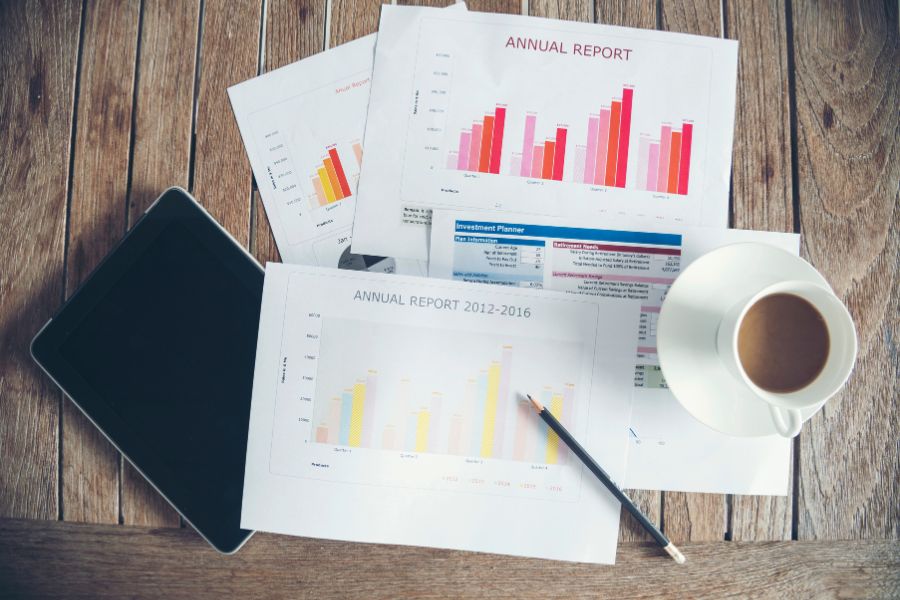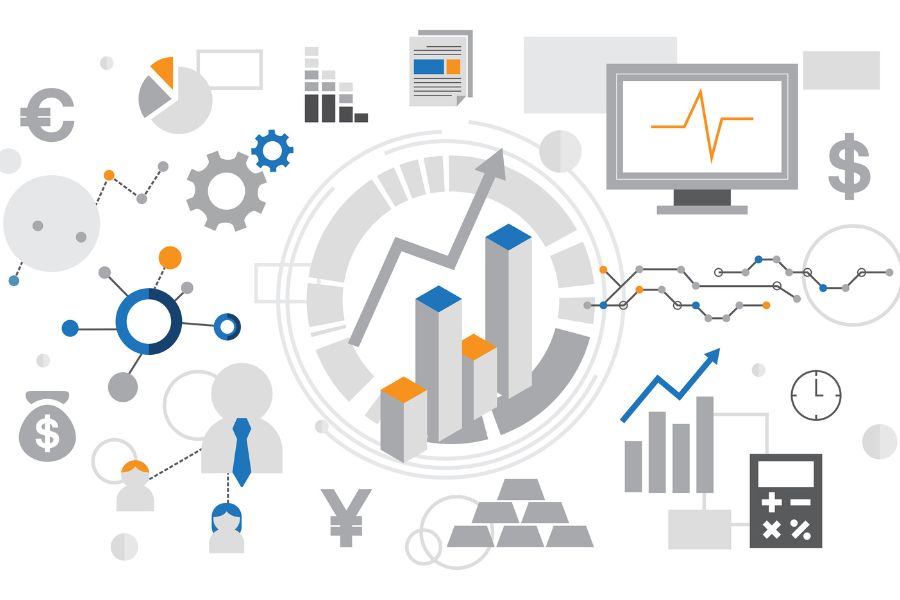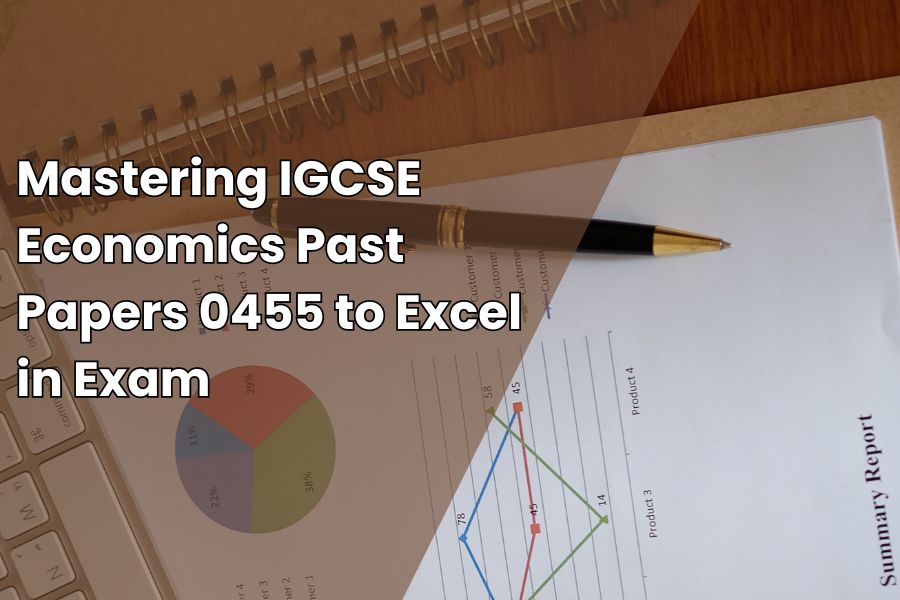How IGCSE Economics Past Papers Can Help You Excel in Your Exam?
The International General Certificate of Secondary Education (IGCSE) is a globally recognized qualification for students. Among the various subjects that students can choose from, Economics is one of the most popular. IGCSE Economics helps students understand how economic systems function, develop analytical skills, and apply economic principles to real-world situations. A vital part of succeeding in the IGCSE Economics exam is practicing past papers. These papers not only give students a better idea of what to expect in the exam but also help them improve their exam technique.
In this article, we will explore everything you need to know about IGCSE Economics past papers 0455 and how they can help you prepare effectively for the exam.
What Are IGCSE Economics Past Papers?
IGCSE Economics past papers are previous exam papers that have been administered to students in the past. These papers are usually made available by examination boards like Cambridge Assessment International Education (CAIE). They are a valuable resource for students, as they provide insight into the structure of the exam, the types of questions asked, and the marking scheme.
Why Are IGCSE Economics Past Papers Important?
There are several reasons why past papers are an essential tool for exam preparation:
Familiarity with the Exam Format: The IGCSE Economics exam has a specific format that students need to understand before sitting for the actual test. By practising past papers, students can get familiar with the layout of the exam, including the number of sections, types of questions (multiple-choice, short-answer, or data-response), and how marks are allocated.
Understanding Question Types: Economics is a subject that requires a combination of knowledge, understanding, and analysis. Past papers help students see how questions are framed and what is expected in their answers. For example, students might encounter questions that require them to explain economic concepts, interpret data, or evaluate policies. Practising these types of questions helps build confidence.
Improving Time Management: One of the challenges of the IGCSE Economics exam is managing time effectively. Many students struggle to complete all the questions within the allotted time. By practising past papers under timed conditions, students can learn to pace themselves, ensuring that they have enough time to answer every question without rushing.
Identifying Strengths and Weaknesses: After practising past papers, students can assess their performance by reviewing their answers against the marking scheme. This allows them to identify areas where they are strong and areas that need improvement. For instance, a student might realize that they are consistently losing marks in data-response questions, which signals the need to focus more on that type of question.
Boosting Confidence: Confidence is key when it comes to exam success. The more past papers a student practices, the more confident they become. They start to feel familiar with the kinds of questions that might come up and the best ways to approach them. This familiarity can significantly reduce exam anxiety.
How to Use IGCSE Economics Past Papers Effectively?
Now that we understand the importance of past papers, let’s discuss how to use them effectively in your exam preparation.
Start Early: Don’t wait until the last minute to start practicing past papers. Ideally, you should begin incorporating past papers into your study routine a few months before the exam. This gives you enough time to review your answers, learn from your mistakes, and improve over time.
Create a Study Schedule: Organize your study time in a way that allows you to regularly practice past papers. You could, for example, dedicate one or two days a week to completing a full past paper under timed conditions. Alternatively, you could focus on specific sections of the paper, like multiple-choice questions one day and data-response questions another day.
Review Your Answers: After completing a past paper, go through the marking scheme provided by the exam board. Compare your answers with the model answers and see where you went wrong. This is an excellent way to understand the depth of explanation required and how marks are allocated. Make sure to review any mistakes carefully, as this is where the most learning happens.
Understand the Marking Scheme: Knowing how examiners award marks can be very helpful. For instance, in IGCSE Economics, marks are often given for specific points made in an answer, not just for a correct conclusion. If a question is worth six marks, you’ll need to provide six valid points or explanations to get full marks. By reviewing the marking schemes of past papers, you can get a sense of what examiners are looking for and structure your answers accordingly.
Simulate Exam Conditions: When practising a past paper, try to simulate actual exam conditions. This means sitting in a quiet room without distractions, setting a timer, and completing the paper within the time limit. This will help you build the stamina needed to sit through a real exam and improve your time management.
Use Past Papers as a Diagnostic Tool: Past papers can serve as a diagnostic tool to track your progress over time. After every few papers, compare your scores to see if you are improving. If your scores aren’t improving, it may indicate that you need to review certain topics or focus more on specific types of questions.
Don’t Rely Solely on Past Papers: While past papers are a valuable resource, they should not be your only study material. It’s important to have a strong understanding of the Economics syllabus and core concepts. Make sure to study your textbooks, attend classes, and take notes to build a solid foundation. Past papers are most effective when used to complement your overall study plan.
Common Topics Covered in IGCSE Economics
IGCSE Economics covers a wide range of topics, many of which are frequently tested in past papers. Some of the most common topics include:
- Basic Economic Problem: Scarcity and resource allocation.
- The Allocation of Resources: The role of markets and the factors that influence demand and supply.
- Microeconomics and Macroeconomics: The behaviour of individuals and firms, and broader economic policies.
- Government Intervention: Taxes, subsidies, and regulation.
- International Trade: Benefits and challenges of global trade.
- Economic Development: Factors that influence a country’s growth and development.
- Inflation and Unemployment: Causes and consequences of these economic issues.
By reviewing past papers, students can get a sense of which topics are frequently tested and which questions are likely to appear in future exams.
Where to Find IGCSE Economics Past Papers?
Accessing past papers is crucial for effective exam preparation. CKM Academy, a leading coaching centre for IGCSE, A-Level, and IB students in Borivali, offers a comprehensive collection of IGCSE Economics past papers and notes on their website. These resources help students practice exam-style questions and improve their time management. CKM Academy also provides expert guidance on tackling different question types. Additionally, the official Cambridge Assessment International Education (CAIE) website and various educational platforms offer free past papers and marking schemes, which are essential for understanding the exam structure and improving performance.
To access the other past papers for IGCSE Subjects such:
- Additional Math (0606) – Click Here
- Math Extended (0580) – Click Here
- Biology (0610) – Click Here
- Physics (0625) – Click Here
- First English Language (0500) – Click Here
- English as Second Language (0510) – Click Here
- International Mathematics (0607) – Click Here
- Accounting (0452) – Click Here
- Business Studies (0450) – Click Here
- Combined Science (0653) – Click Here
- Chemistry (0620) – Click Here
- All Papers – Click Here
Conclusion
At CKM Academy, we understand that IGCSE Economics past papers are one of the most powerful tools for exam preparation. These past papers not only allow students to practice under real exam conditions but also help them sharpen their time management skills and build confidence in handling various question types. By integrating past papers into your study routine, you can greatly enhance your chances of securing top grades in the IGCSE Economics exam.
As part of our comprehensive support, CKM Academy offers past papers for all subjects, ensuring that students can access the materials they need to excel. We recommend starting your practice early, thoroughly reviewing your answers, and continuously expanding your understanding of the subject. With consistent effort, expert guidance, and the right resources, you’ll be fully prepared to succeed in your exam and reach your academic goals.
Image Reference: Freepik
Disclaimer: All trademarks, logos, and brand names are the property of their respective owners. All company, product, and service names used in this website are for identification purposes only. Use of these names, trademarks, and brands does not imply endorsement.






